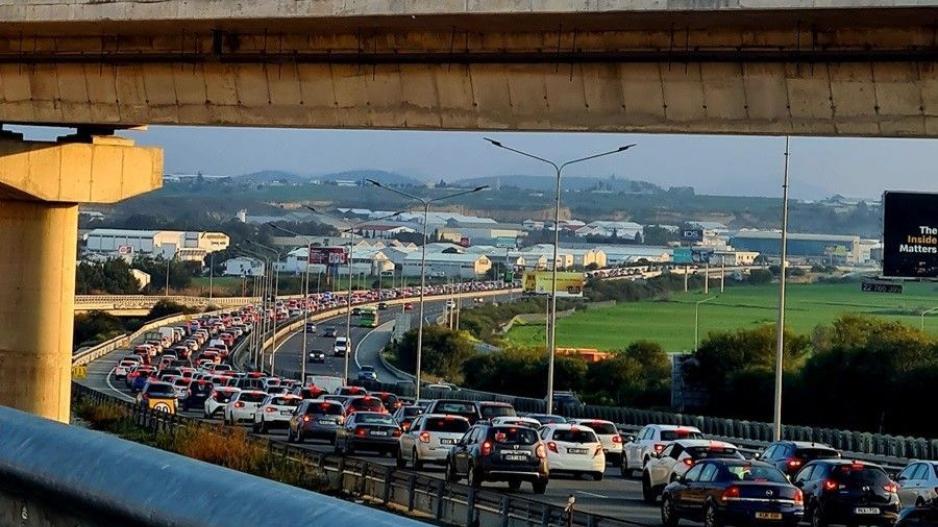Smart Traffic Revolution? CDTS Promises Fast, Low-Cost Fix to Limassol’s Gridlock
€700M Annual Cost of Congestion Spurs Interest in Digital Traffic System Presented by Kapsch and Cypronetwork
A bold new proposal to ease Cyprus’s mounting traffic woes was unveiled Tuesday evening at the Limassol Chamber of Commerce and Industry. The Cyprus Digital Transport System (CDTS), developed by Austrian firm Kapsch TrafficCom in collaboration with Cypronetwork, promises a fast, cost-effective solution to traffic congestion, particularly in Limassol.
According to company representative Pambos Michailides, the economic impact of traffic congestion in Cyprus is estimated at €700 million annually, with €150 million of that in Limassol alone. He noted that drivers in the city spend an additional 100 hours per year stuck in traffic.
The CDTS, he said, is an innovative digital traffic system that could immediately reduce congestion by up to 90% and increase road capacity by 15%, offering environmental and financial benefits for local communities.
Michailides explained that the system is built on six pillars:
-
Traffic flow optimization through Artificial Intelligence
-
Priority-based navigation management
-
Smart traffic lights
-
Priority lanes for bus routes requiring minimal new infrastructure
-
Smart pedestrian and bicycle crossings
-
A unified Super Mobility App that consolidates all mobility services for citizens and tourists
By integrating these elements, CDTS aims to provide a realistic and immediately applicable solution that can work within Limassol’s existing Sustainable Urban Mobility Plan.
Referencing other European cities that have already adopted similar systems, Michailides emphasized that CDTS could position Cyprus at the forefront of digital mobility solutions in Europe.
The estimated installation cost for the system in Limassol is €8 million, and it has already been presented to the relevant Ministry for evaluation.
Tim Wray, Kapsch Sales Director for the UK, Ireland, and Cyprus, stressed that this technology is already in use across London and controls motorway infrastructure throughout the UK.
He acknowledged Limassol’s traffic problems and stated that CDTS is based on detailed analysis and international best practices, offering solutions that require no new road infrastructure and provide quick return on investment.

Welcoming the presentation, LCCI President Andreas Tsouloftas cited Ministry of Transport statistics showing that daily traffic on Limassol’s bypass — specifically in Agios Athanasios — has doubled over the past decade, rising from 45,000 vehicles in 2014 to over 90,000 in 2024.
During peak hours, traffic exceeds 6,500 vehicles per hour, making Limassol’s roads busier than even Nicosia’s main entrance, which handles half as many vehicles.
Tsouloftas criticized the lack of road upgrades in Limassol compared to Nicosia, which has undergone three major infrastructure upgrades in recent years. Due to the growing traffic crisis, he said, the LCCI was forced to oppose large new development projects in eastern Limassol for the first time.
“As a Chamber, we remain committed to being part of the solution, not just spectators of the problem,” he said. He added that the LCCI supports initiatives that use digital tools and smart mobility technology to improve quality of life, economic activity, and the city’s sustainability.
Christos Michailides, Executive President of Cypronetwork Group, stressed that while proposals have circulated for years, implementation is often delayed by decades.
“To be honest with the public,” he said, “we must look for solutions with immediate impact—measures that can realistically alleviate the problem now.”






